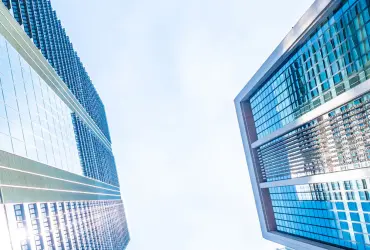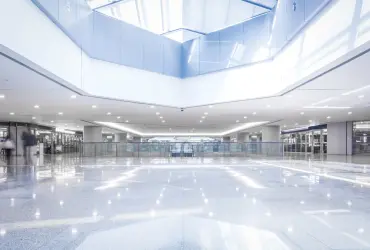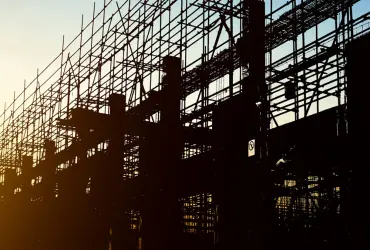Turn All Business Travel Into a Holiday
with a Team That Understands
What You Need
Upcoming Trade Shows in Germany for Architecture

BAUExpo 2026, Giesen, Germany
20 - 22 Feb 2026

Light + Building 2026, Frankfurt am Main, Germany
8 - 13 Mar 2026

Fensterbau Frontale 2026, Nurnberg, Germany
24 - 27 Mar 2026

Glasstec 2026, Düsseldorf, Germany
20 - 23 Oct 2026

GET Nord 2026, Hamburg, Germany
19 - 21 Nov 2026

BAU 2027, Munich, Germany
11 - 15 Jan 2027

hanseBAU 2027, Bremen, Germany
22 - 24 Jan 2027

R + T 2027, Stuttgart, Germany
15 - 19 Feb 2027

Interlift 2027, Augsburg, Germany
12 - 15 Oct 2027

Bautec, Berlin, Germany
Coming soon
Germany's architecture industry is navigating a complex terrain marked by economic shifts and sustainable design imperatives. Let's delve into the key trends and challenges shaping this dynamic sector.
Industry revenue for architectural firms is experiencing a decline, projected at 1.6% to €14.4 billion in 2023. Over the past five years, the sector has seen a compound annual growth rate decrease of 1.8%. Despite this, profit margins remain relatively healthy at 29.2% for the current year. However, these numbers are influenced by broader economic factors.
The European Central Bank's decision to raise key interest rates is sending ripples through the residential construction sector. Higher financing costs due to elevated interest rates have caused concerns. This shift away from low-interest rate policies, driven by inflationary pressures, impacts the interest burden on construction financing. As banks grapple with increased refinancing costs, borrowers may face higher interest rates, potentially deterring investment in home construction. As such, architecture firms are reckoning with the decline in housing and private residence orders.
This overall slowing down has not affected the entrepreneurial, forward-thinking amongst German architects, who have now jumped on the tiny houses trend. These properties offer reduced living and construction costs while also aligning with environmental sustainability goals. Eco-conscious homeowners are increasingly drawn to this approach.
Studio Aisslinger, a German architecture firm, has introduced the 'Fincube,' a sustainable and modular housing prototype. This low-energy house is constructed with locally sourced wooden ledges, providing privacy and a connection to nature. With a minimal CO2 footprint, this 47-square-meter home can be easily disassembled and relocated.
While new construction has slowed down, architects are still heavily involved in the shaping of German cities through adaptive reuse. This type of architecture has been gaining momentum for the past decade and emphasizes the repurposing of existing structures to preserve heritage and minimize environmental impact.
GET A FREE QUOTE
Looking for a hotel accommodation for particular trade show or exhibition.
Send us a general enquiry and we will find the best options for you
Send us a general enquiry and we will find the best options for you